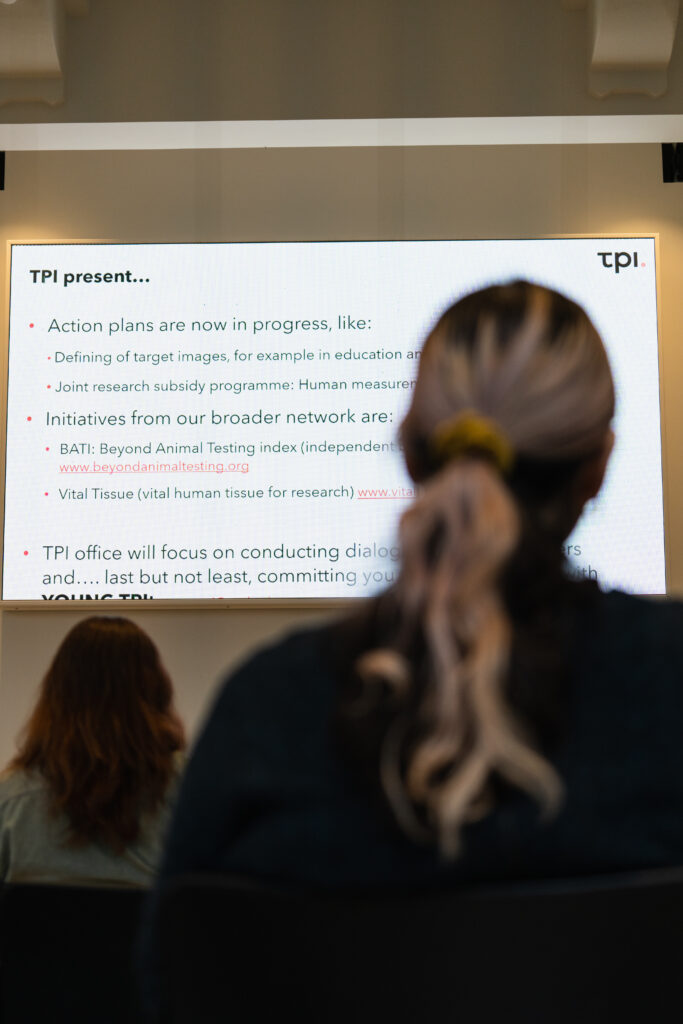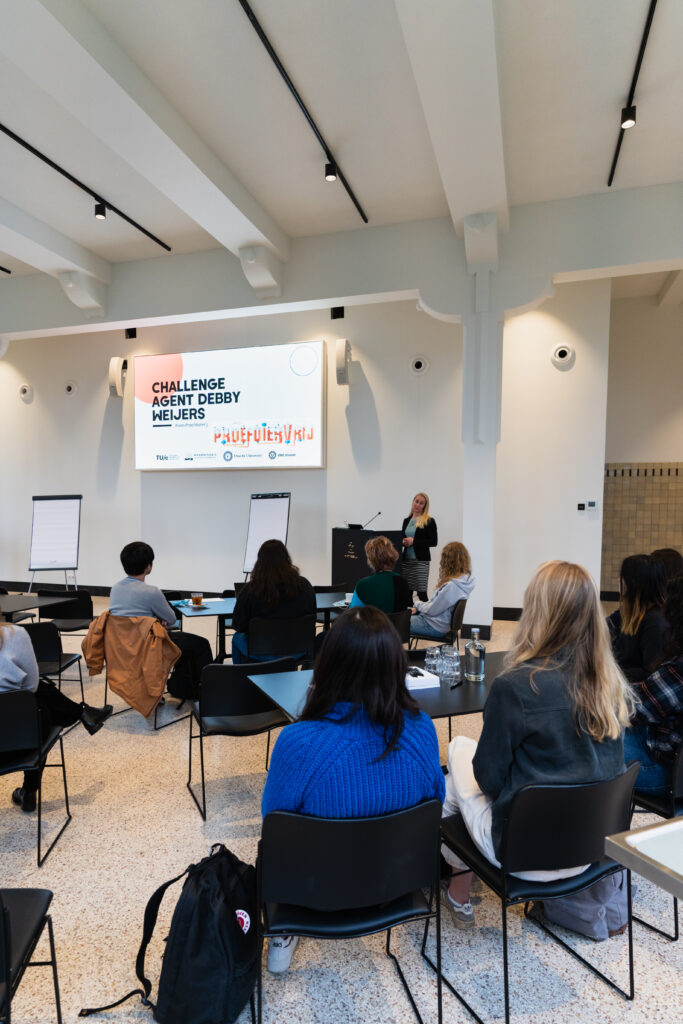Do we need to use animals to test products and medical safety, or are there other options? What would our supermarkets and health care look like if we were to stop animal testing today? These are some of the questions that Bachelor’s and Master’s students are studying together with professionals in the Replacing Animal Testing (RAT) Challenge that kicked off today by the alliance of Eindhoven University of Technology, Wageningen University & Research, Utrecht University and the University Medical Centre Utrecht.
In the RAT challenge, almost 50 Bachelor’s and Master’s students from UU and Utrecht University of Applied Sciences will join with professional physicians, veterinarians, biologists and managers to work on complex problems dealing with animal testing. Daniela Salvatori, Professor of Comparative Anatomy & Physiology at Utrecht University and chairperson of the Transition to Animal Test-Free Innovation work group in Utrecht is one of the driving forces behind the challenge, together with Erik van der Spek from Eindhoven University of Technology and Ludo Hellebrekers from Wageningen University & Research. Daniela explains her motivation: “Before people can safely use medications, they are first tested on animals. But the reality is that the data collected are often completely useless for testing pharmaceuticals for humans. So it doesn’t always make sense to test on animals.”
10 million test animals per year in Europe
Over 20 weeks, the participants in the RAT challenge will attend expert seminars, workshops, skills training and coaching sessions with the goal of brainstorming innovations to make animal testing superfluous. Debby Weijers, Director of Proefdiervrij Foundation: “Every year, more than 10 million animals are used for scientific purposes in Europe alone. Another million animals are bred for that purpose, but not used. Do we really need all those animals? Or is it time for a change? We desperately need the participants’ creativity, knowledge and ideas to find a solution. Because Proefdiervrij believes that these animals are no longer needed for testing. We see that animal-free, human-oriented research is the future. “
Challenge-Based Learning
The partnership between TU/e, WUR, UU and UMC Utrecht encourage new, innovative teaching formats, such as Challenge-based learning. In challenge-based learning, students from a variety of disciplines work together with partners from society at large to solve actual problems faced by businesses or society. They exchange insights, experiences and competencies to arrive at better results. Working together as equals expands the students’ horizons and teaches them new skills in the areas of cooperation, creativity, design thinking and entrepreneurship. The challenges are open to all Bachelor’s and Master’s students at the four alliance institutions.
Life-Long Learning
The RAT challenge is unique in the collaboration between students en professionals. Life Long Learning is one of the important priorities of the alliance between TUe, WUR, UU and UMC Utrecht. Combining their knowledge in this area enables the partners to meet the needs for continuing education among a broad group of professionals and their organisations. The RAT challenge will conclude after 20 weeks on 1 July.

